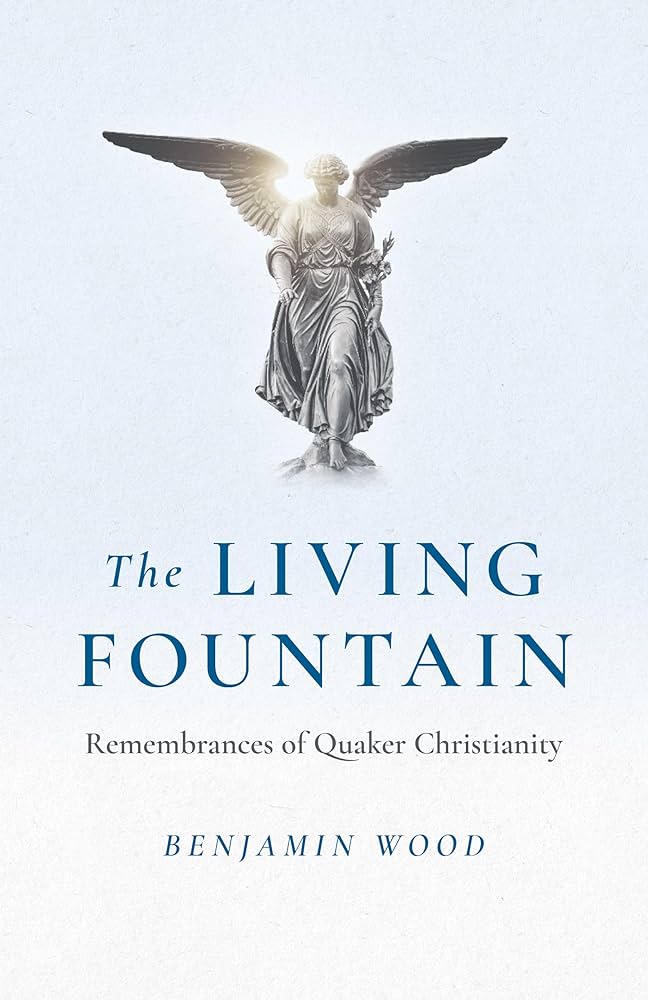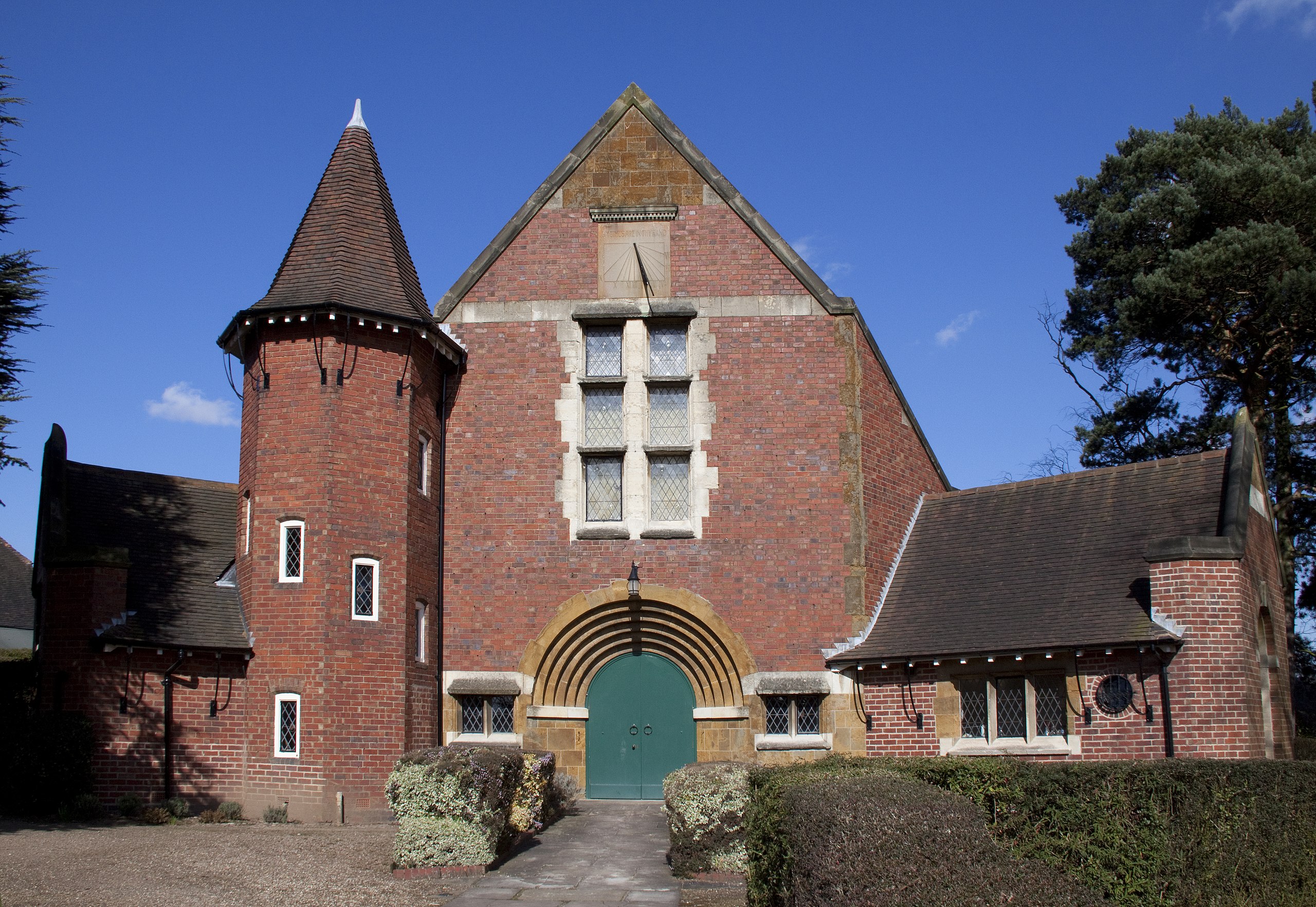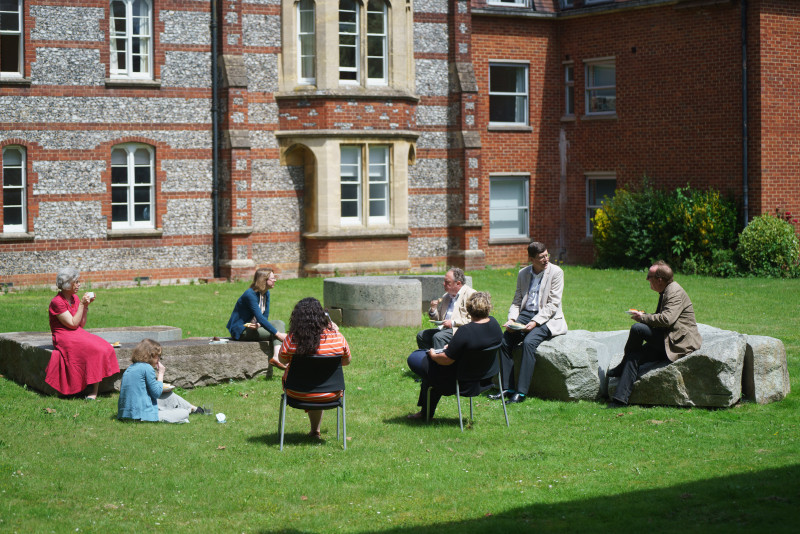John Hunt Publishing 2023
Many of the readers here will have experienced Quakerism in and through their presence of meeting houses and their active engagement in communities. Quakers are people living integrity with a single minded, focus on the tradition and disciplines of the spiritual life. I lived for some time in Bournville – that great Quaker suburb of Birmingham – the inspiration of the philanthropic Cadbury chocolate makers. Here is the Quaker Meeting House at the heart of the Village and adjacent to the Green
So, I brought to this text a natural sympathy for Quakerism and an eagerness to want to know more. This fluent and well organised book does not disappoint. It is insightful and incisive in its judgements.
Wood paints a picture that is mirrored in most Christian denominations at the present time. Theology divides rather than unites. It can be an obscure language remote from our immediate hopes and fears. So – how are we to narrate the shape of theism? What is the relationship of belief to practice? Quakers are increasingly divided over matters of theology, religious belonging, and the status of their past. It is also a community in sharp decline.
Some of these debates and languages are barely comprehensible to most of our immediate neighbours and those who overhear our wranglings. I write as the Church of England has just offered prayers of blessing for those in same sex partnerships. Christian social media gives its space to some of the most distressing of judgements based upon an appeal to ultimate knowledge of how God would have us to think and live. All this stands in sharp contrast the ethos and charism the Society of Friends. Most of us might have some sense of Quakerism and its relationship to attentive silence, peace, and inclusiveness.
Wood argues in these four carefully crafted chapters that our understanding of the roots of Quakerism’s seventeenth-century history can enable them ( and us) to rediscover a shared story capable of deepening worship and the spiritual life. The book digs deep into the nature of God, Jesus, and the language of salvation. There is here a hope of an uncovering of energy and dynamism that can further inspire our search for healing and reconciliation across human conflicts about authority and truth. The common good is founded on such an approach that cab cherish difference and delight in diversity.
I write this a week away from Christmas and on the cusp of a New Year. Religion in some forms might be viewed as failing. Few comprehend its internal dramas and bitter tribal infighting. For others it is further evidence at best of its irrelevance and at worst its potential for damage. The Christmas story might seem remote, fantastical, and even delusional to some. We may have lost our credibility to speak the truth of love and the message of the Gospel. It is a lost language daily losing its ground like an eroding seashore cliff. Mutual love and enduring hope are always refreshed through sacred experiments. Wood digs deep into this and succeeds in offering a different vision and hope in this volume.
In my own world of learning to nourish the human spirit at Sarum College there are key pointers of possibility here. We should look forward to more from the pen of Wood to challenge, encourage and stimulate thinking for action.



